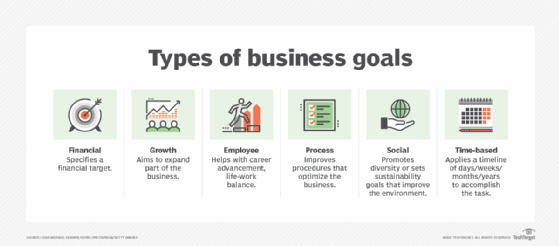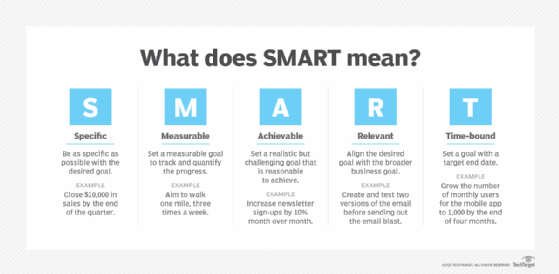action plan
What is an action plan?
An action plan is a document that lists what steps must be taken to achieve a specific goal. It breaks down the goal into actionable steps that can be easily followed and tracked.
The purpose of an action plan is to clarify what resources are required to reach the goal and formulate a timeline for when specific tasks need to be completed.
In project management, a well-developed action plan can serve as a blueprint for the project manager to break down a large project into smaller, more manageable ones.
What is included in an action plan?
Creating an action plan requires a thorough understanding of the goal and objectives, as well as the strategies to reach them. It is important to consult all stakeholders before creating an action plan so that it adequately addresses their needs.
An action plan can include deadlines, resources needed to complete the tasks and key personnel responsible for implementation. The action plan should also clearly define who handles each task, when tasks need to be completed and how they will be measured to determine success.

What happens after you create an action plan?
Once created, action plans must be monitored closely to ensure goals are met on schedule and within budget.
Conduct regular reviews to assess progress and make any necessary adjustments to the action plan to ensure the team stays on track to meet the project goals. Regularly assess action plan performance to make sure goals are being met and objectives achieved.
If the action plan is not meeting expectations, it might need to be revised or reevaluated to reach the desired outcome.
It is important to remember that action plans can change as needed, but they must always be focused on the goal at hand. As long as the action plan remains up to date and accurate, it can serve as a substantial source of guidance for both project managers and stakeholders.

How do you build an action plan?
Action plans can seem daunting at first, but with careful consideration, you can create them easily by following the best practices outlined below.
1. Define your goals
This will provide a foundation upon which to build the action plan. When detailing your goal, keep in mind the SMART principles of project management:
- Specific. The goal should be clear and concise.
- Measurable. There must be criteria in place to measure success.
- Achievable. The goal must be achievable within a reasonable timeline.
- Relevant. Make sure the goal aligns with values and long-term objectives.
- Time-bound. Deadlines are critical to ensure progress remains on track.

2. Determine what resources you need to meet your goals
Conduct research to determine what resources are needed to achieve the goal within the given timeline. Consult all stakeholders so that you can take their specific needs into consideration when planning action steps.
3. Create your action steps and timeline
It is important to create achievable action steps that can be easily followed and tracked to measure success. Establish a timeline for action steps to remain on schedule and within budget.
4. Allocate key personnel responsible for action steps
Assign individuals to action steps for each step to be completed properly. Provide key personnel with the tools they need to complete action steps and ensure overall success.
5. Review progress routinely and adjust as needed
Finally, regularly conduct performance reviews to monitor progress and make any necessary adjustments to the action plan. This will help ensure goals are being met on schedule and within budget.
These steps can help you create an action plan that meets your project goals and objectives, while still being manageable and realistic. An action plan can serve as a valuable tool for project managers and stakeholders alike, ensuring successful completion of any project.
See also: business continuity plan, project planning, strategic planning, OODA loop.
